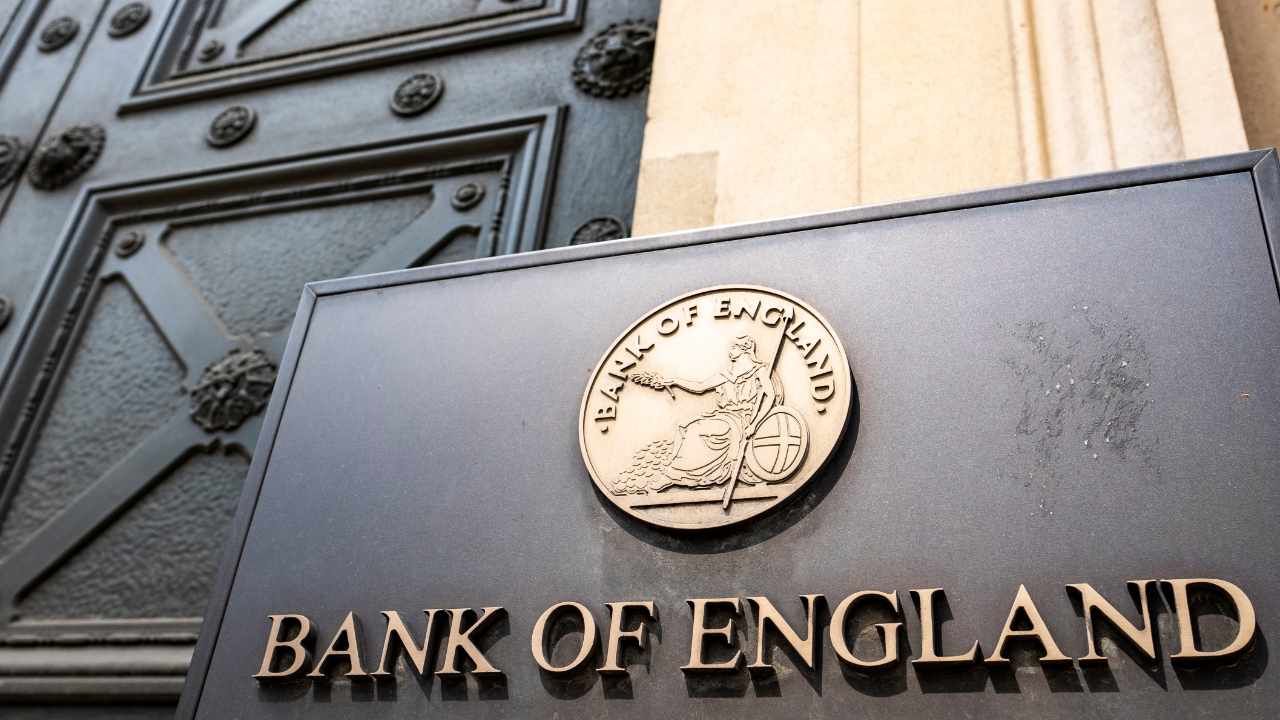Bank of England’s deputy governor for financial stability, Sir Jon Cunliffe, says the collapse of cryptocurrency exchange FTX has highlighted the urgent need for tighter crypto regulation. “We should not wait until it is large and connected to develop the regulatory frameworks necessary to prevent a crypto shock that could have a much greater destabilizing impact,” said the deputy governor.
Bank of England’s Cunliffe on FTX Collapse and the Need for Crypto Regulation
Sir Jon Cunliffe, Bank of England’s deputy governor for financial stability, shared his view on the collapse of cryptocurrency exchange FTX and the need for tighter crypto regulation at a Warwick Business School event Monday.
Citing “last year’s crypto winter and last week’s FTX implosion,” Cunliffe detailed:
While the crypto world … is not at present large enough or interconnected enough with mainstream finance to threaten the stability of the financial system, its links with mainstream finance have been developing rapidly.
FTX filed for Chapter 11 bankruptcy on Nov. 11. The exchange owes its 50 biggest creditors almost $3.1 billion.
The Bank of England deputy governor added that FTX’s failure highlighted the need for regulators to establish tighter controls as quickly as possible. Referring to the crypto industry, Cunliffe stressed:
We should not wait until it is large and connected to develop the regulatory frameworks necessary to prevent a crypto shock that could have a much greater destabilizing impact.
Crypto firms operating in the U.K. are currently regulated by the Financial Conduct Authority (FCA). In addition, the British government is finalizing new financial services and market laws that will introduce regulation for stablecoins and the marketing of crypto assets.
Moreover, Cunliffe added that Britain’s finance ministry will soon start consultation on extending investor protection, market integrity, and other regulatory frameworks that cover the promotion and trading of financial products to activities and entities involving crypto assets. In July, the Bank of England said crypto needs enhanced regulatory and law enforcement frameworks.
The Bank of England executive concluded:
Our aim is to ensure that innovation can take place but within a framework in which risks are properly managed … The events of last week provide a compelling demonstration of why that matters.
Cunliffe previously cautioned that crypto is “prone to collapse,” noting that its prices could fall to zero. He also warned that cryptocurrencies will see tough times as the Federal Reserve tightens financial conditions.
What do you think about the comments by Bank of England Deputy Governor Sir Jon Cunliffe? Let us know in the comments section below.
Image Credits: Shutterstock, Pixabay, Wiki Commons
Disclaimer: This article is for informational purposes only. It is not a direct offer or solicitation of an offer to buy or sell, or a recommendation or endorsement of any products, services, or companies. Bitcoin.com does not provide investment, tax, legal, or accounting advice. Neither the company nor the author is responsible, directly or indirectly, for any damage or loss caused or alleged to be caused by or in connection with the use of or reliance on any content, goods or services mentioned in this article.
Read disclaimer
